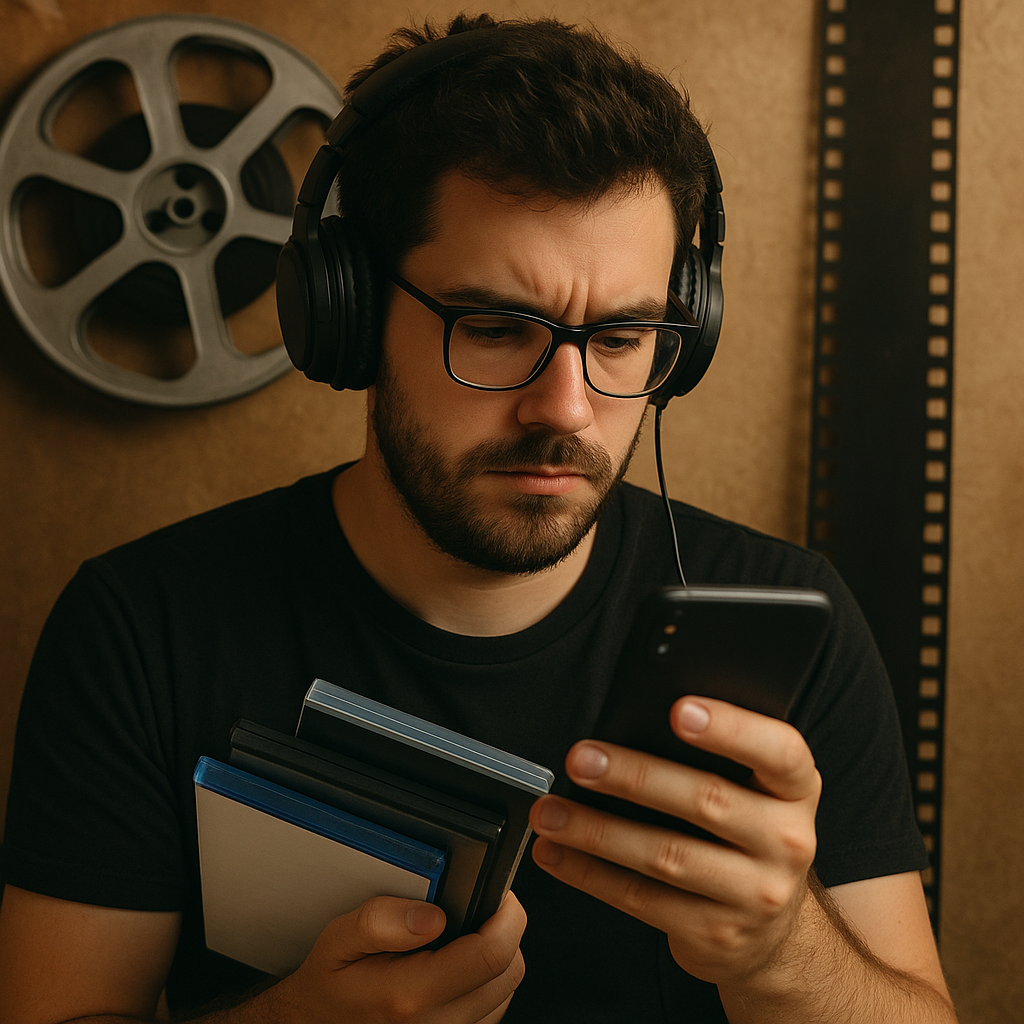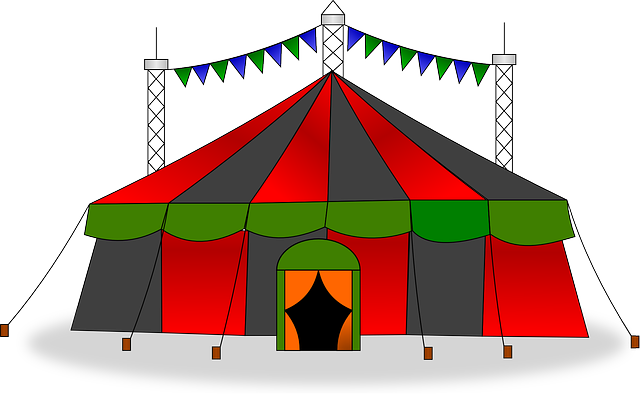
The idea of using a directory might sound outdated however, for movie buffs, music lovers, and anyone seeking to navigate the vast array of entertainment options, directories still offer something essential: structure, discovery, and focus.
What Exactly Is a Directory?
A directory, in this context, is a curated list or organized catalog of entertainment content. It could be a website listing independent films by genre, a blog organizing underground hip-hop releases by year, or even a spreadsheet someone made of every Studio Ghibli film ranked by critics. The format varies—websites, apps, books, and even Reddit threads—but the function remains the same: to provide people with a way to browse, discover, and delve into content without relying on the randomness of algorithms. In fact, Korean sources like 사이트모음 serve as great examples of how directories continue to organize and simplify access to diverse media.
Why Do Directories Still Matter?
It’s easy to assume streaming platforms have everything covered. Netflix, Spotify, YouTube—they all offer discovery features. But these are driven by algorithms that tend to favor what’s popular, new, or similar to what you’ve already seen or heard. That’s great for convenience. But it limits exploration.
Directories fill in the gaps. They offer:
- Curation over clicks. Many directories are created by people who genuinely care about the content—fans, critics, curators. They’re not driven by advertising or data. That makes the selections more thoughtful.
- Access to the obscure. If you’re hunting for lost media, niche genres, or underground artists, directories often lead you to stuff you’d never find through mainstream platforms.
- Focus and clarity. Directories typically organize content in a clear and navigable format. You don’t have to scroll endlessly or be distracted by autoplay trailers. You can just browse.
Examples Across Media
Film
Movie directories are beneficial for anyone interested in cinema beyond the latest blockbusters. Take Letterboxd, for example. While it’s more than a directory, its lists feature allows users to create and browse curated collections, such as “Best Slow Cinema,” “Top 100 Films by Women Directors,” and “Essential Iranian Cinema.” These aren’t suggestions based on your viewing history—they’re intentional guides into different corners of film culture.
There are also dedicated websites like They Shoot Pictures, Don’t They?, which compiles rankings from hundreds of critics to create lists like “The 1,000 Greatest Films.” For someone getting into classic cinema, that’s far more useful than Netflix’s trending page.
Music
In music, directories can be a lifeline for anyone seeking to navigate beyond surface-level recommendations. Sites like Rate Your Music or Album of the Year let users explore music organized by genre, era, and popularity. But more importantly, they allow users to see curated lists made by others—“Best Shoegaze Albums,” “Top Albums of 1994,” “Obscure Jazz Gems.”
Blogs and forums also play a role. Want a directory of every ambient album released on cassette in the ‘80s? It probably exists. And if not, someone on a music forum might be compiling it right now.
Games, Podcasts, and More
Directories aren’t just for movies and music. Gamers use directories to find indie titles that are not available on major storefronts. Podcast directories help listeners sort shows by theme, host, or tone—something platform algorithms still struggle with. Even niche areas, such as webcomics or fan fiction, rely heavily on directories to connect people with content that fits their interests.
The Human Touch
One of the biggest advantages of directories is the human element. Unlike algorithmic recommendations, which are based on patterns, directories often reflect taste. They can introduce contrast and surprise.
For example, a Spotify algorithm might never suggest a black metal album to someone who mostly listens to indie folk. However, a directory compiled by a music critic might include both, framing them in different ways as emotionally raw. That’s how people expand their tastes.
Directories also build trust. When you follow someone’s curated list and consistently enjoy their recommendations, you’re more likely to explore what else they’ve curated. It becomes less about what’s popular and more about what resonates.
A Tool for Intentional Discovery
The most significant value of directories is that they help entertainment lovers make more intentional choices. Instead of falling into a passive scroll, you’re making a choice: “I want to explore 1970s Italian horror films” or “I’m curious about the best protest songs of the 1960s.” That decision leads you to a directory—and from there, to a much deeper experience.
That kind of exploration is more challenging in the algorithm era, where platforms aim to keep you engaged, rather than necessarily informed. Directories offer a quiet alternative. They’re not trying to sell you something or keep you online. They’re just pointing you toward good stuff.
Are Directories Making a Comeback?
In some ways, yes. As more people become frustrated with how platforms shape their choices, there is a renewed interest in independent discovery. That’s why sites like Letterboxd, niche Substacks, and curated Spotify playlists by real people—not the algorithm—are gaining followers. It’s not nostalgia. It’s a desire for control, context, and quality.
Final Thought
Directories might not be flashy. They’re not powered by AI or optimized for engagement. However, they remain one of the best tools for anyone who cares deeply about movies, music, or any form of entertainment. They give you a starting point, a structure, and often, a fresh perspective.
And in a digital world that’s often overwhelming, that kind of clarity is more useful than ever.

